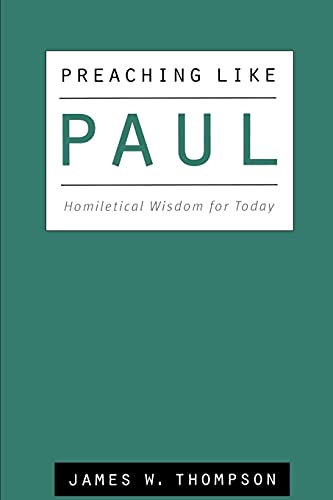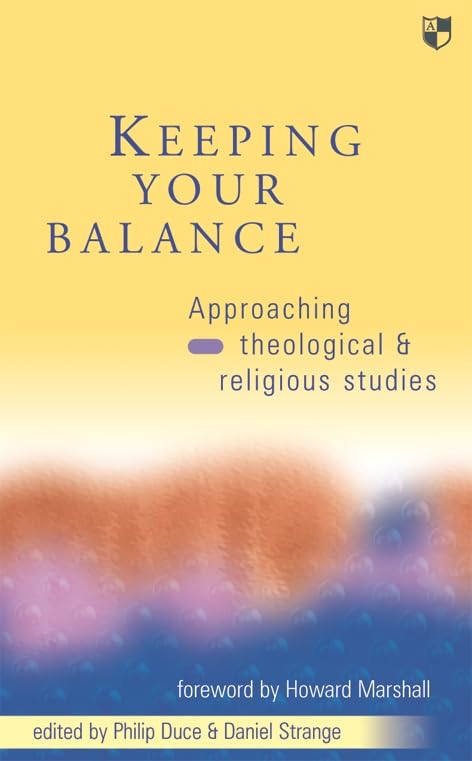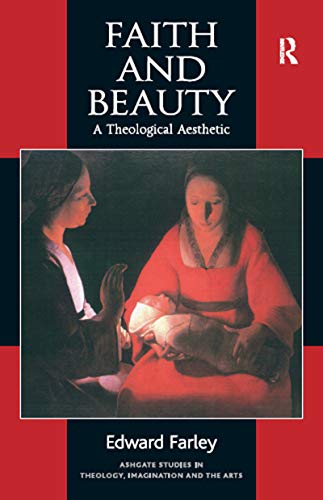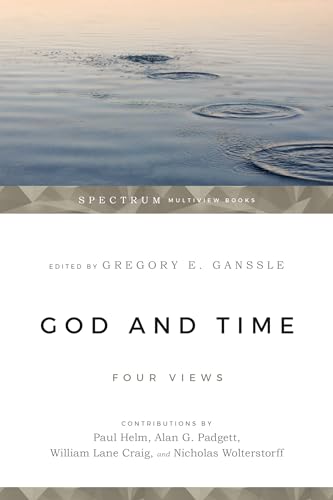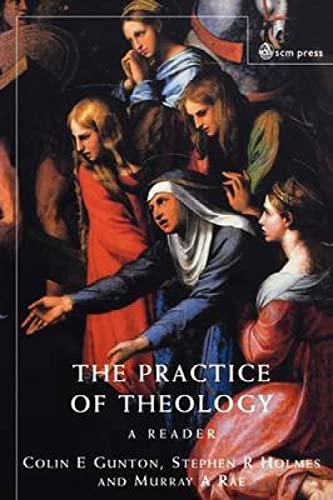INTRODUCING THE REFORMED FAITH
Written by Donald McKim Reviewed By Kenneth BrownellWhether or not one is a Calvinist, no one can doubt the importance of the reformed faith in the history and life of the Christian church. Sadly knowledge of the reformed tradition is often lacking among Christians and not least among those who belong to confessionally reformed congregations. Theology, history and tradition are not priorities for many Christians. In this book the American Presbyterian theologian, Donald McKim has sought to redress this state of affairs with an introduction to the reformed faith that is relatively brief and to the point.
Donald McKim is somewhat notorious in evangelical circles as the McKim of the Rogers/McKim proposal on biblical authority in the 1980s. He is a conservative Barthian and this comes through in the book, not least in his catechism that is included. Nevertheless McKim is relatively fair in his presentation of the reformed faith. Intended as a primer of the reformed faith for thoughtful ‘laypeople’, the book is organised like a systematic theology. He begins with a discussion of the importance of confessions in the reformed tradition and then takes the various topics of theology beginning with the Trinity.
On each topic he gives a biblical orientation, followed by a summary of how the doctrine has been understood in the broad Christian tradition and then finally by a discussion of any reformed distinctives. While McKim is very helpful is giving an overview of the tradition, at some points he is wholly inadequate, as when dealing with the last things, and his Barthianism is all too evident. This is especially the case in his discussion of Scripture where he tries to claim Abraham Kuyper and Herman Bavinck for his middle way position between classical evangelicalism and liberalism. Moreover his definition of reformed is very broad indeed and includes anyone remotely connected with the tradition by denomination or whatever. It is difficult to see how the Princeton theologians and some radical feminist or liberation theologians can really be considered within the same tradition. Not only so, but McKim leaves out many conservative reformed writers both inside and outside confessionally reformed or Presbyterian bodies. Having said that, however, McKim offers us a very useful overview of reformed theology today.
The book is a helpful map to the theological terrain of the reformed tradition at its broadest. However I would be cautious in putting the book into the hands of the ‘lay’ people for whom it is intended. Readers need a good deal of discernment. This book would be more profitable as a textbook for students or, as I found it, a thought-provoking refresher ‘course’ in reformed theology. What is needed is a more conservative version of this book that would just as accessibly and winsomely, but more reliably introduce people to the reformed tradition.
Kenneth Brownell
East London Tabernacle Baptist Church, London



